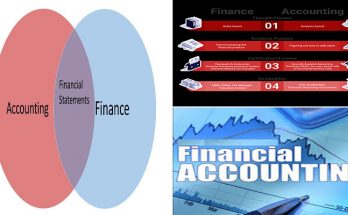Accurate financial accounting is essential for businesses not only to track their financial performance but also to ensure compliance with tax regulations. Maintaining precise and transparent financial records can have a significant impact on an organization’s tax compliance efforts. In this article, we will explore the benefits of accurate financial accounting in tax compliance.
1. Ensures Compliance with Tax Laws
Accurate financial accounting provides businesses with a clear understanding of their financial position, income, and expenses. This information is crucial for accurately calculating taxable income and ensuring compliance with tax laws. By having precise financial records, companies can accurately report their financial information to tax authorities and avoid potential penalties or audits due to inaccuracies.
2. Minimizes Tax Liability
Proper financial accounting allows businesses to take advantage of tax deductions, credits, and incentives that can help reduce their tax liability. By accurately recording expenses, depreciation, and other deductible items, companies can optimize their tax positions and minimize the amount of taxes they owe. This can result in significant cost savings for businesses and improve their overall financial health.
3. Facilitates Tax Planning
Accurate financial accounting provides businesses with the data needed to engage in effective tax planning strategies. By understanding their financial data and tax obligations, companies can make informed decisions that optimize their tax outcomes. This may involve timing income and expenses, utilizing tax-efficient investment strategies, or structuring transactions in a tax-efficient manner.
4. Supports Documentation in Case of Audits
In the event of a tax audit, accurate financial accounting serves as crucial documentation to support the company’s tax filings and positions. Having detailed and organized financial records can make the audit process smoother and demonstrate to tax authorities that the company’s tax reporting is accurate and compliant. This can help mitigate potential disputes or penalties arising from an audit.
5. Builds Credibility with Stakeholders
Accurate financial accounting not only benefits tax compliance efforts but also enhances the credibility of the business with stakeholders such as investors, lenders, and business partners. Transparent and reliable financial reporting instills trust in the company’s financial health and management practices, fostering stronger relationships with external parties and promoting confidence in the organization’s operations.
In summary, accurate financial accounting plays a vital role in tax compliance by ensuring adherence to tax laws, minimizing tax liabilities, supporting tax planning initiatives, facilitating audits, and enhancing credibility with stakeholders. By maintaining precise financial records and upholding high standards of financial transparency, businesses can achieve greater tax compliance and financial success.





